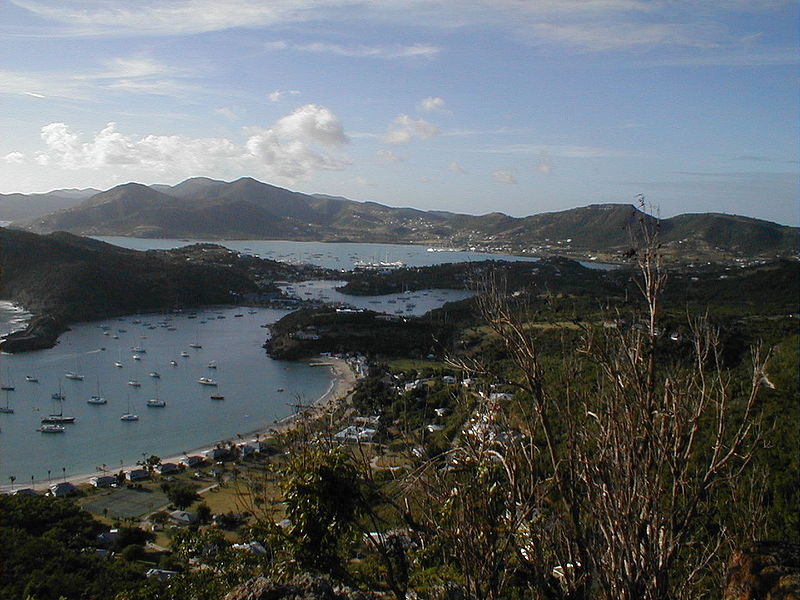Prime Minister Gaston Browne won the Antiguan elections in June of 2014 and soon after took a different approach to Antigua and Barbuda’s longstanding trade dispute with the US than his predecessor had. He had the country’s trade represent signal that they would make a significant concession, which amounted to half the nearly $200 million owed by the US for curtailing the country’s free trade.
The country of less than 100,000 citizens filed a complaint with the World Trade Organization (WTO) in 2003 claiming it was not fair for the US to block online casinos based there from serving American players as long as the US allowed online betting on horse racing. The WTO agreed and after several appeals from the US, in 2006 ordered the US to pay Antigua $21 million a year until the dispute was settled.
In September we learned that attorney Mark Mendel had been fired and that although he may continue to counsel operators, his services are no longer needed by Antigua and Barbuda. According to press at the time this move put a cap on any further fees from Mendel to settle the dispute and freed Antigua from any ties to Jay Cohen, a convicted felon based in Antigua whose sports betting site, World Sports Exchange (WSEX) was shut down in April 2014 after years of poor payout history.
In late September Prime Minister Browne spoke in front of the United Nations General Assembly and plead for a resolution to his country’s more than decade old fight. It was also revealed that the Prime Minister had talked to US Trade Representative Michael Froman and that both sides would be creating new teams to carry on the discussion.
Today we read on Calvinayre.com that Browne spoke in the Bahamas on Friday before the 15 nation Caribbean Community (CARICOM) and announced that the US has not paid a single dime of the settlement to date. He also stated that they had been patient and reasonable and the “the casualness with which the ruling of the legitimate international body has been treated, and the neglect of a legally-binding obligation have implications for every country represented in this room.” According to the article he also stated that “there are remedies legally available to my government that have been stipulated by the WTO. We hope that we are not forced to resort to these remedies, but we have a duty of care to our people that we cannot disregard.”
The legal recourse that Antigua could take has been granted to other nations before but as far as we know has never actually used. (Brazil vs US 2009). The process was approved in 2007 for Antigua and is called cross-retaliation under Article 22 using the Trade-Related Aspects of Intellectual Property Rights (TRIPS) agreement. It was affirmed by the WTO Dispute Settlement Body (DSB) in January 2009 in Geneva. What this means is that Antigua is authorized by the WTO to sell US-made films, music, and TV shows as well as other intellectual property to the rest of the world without paying royalties or any other compensation. They can do this up to a copyright value of $21 million a year until the US settles the dispute.
In January it was reported that Antigua was revisiting their copyright laws to make the retaliation possible.
In 1994, Antigua and Barbuda passed the Free Trade & Processing act, allowing the first ever licences to be granted to organisations applying to open online casinos. It is estimated that 5% of the country’s population was put out of work by the US move to block their online casinos.



